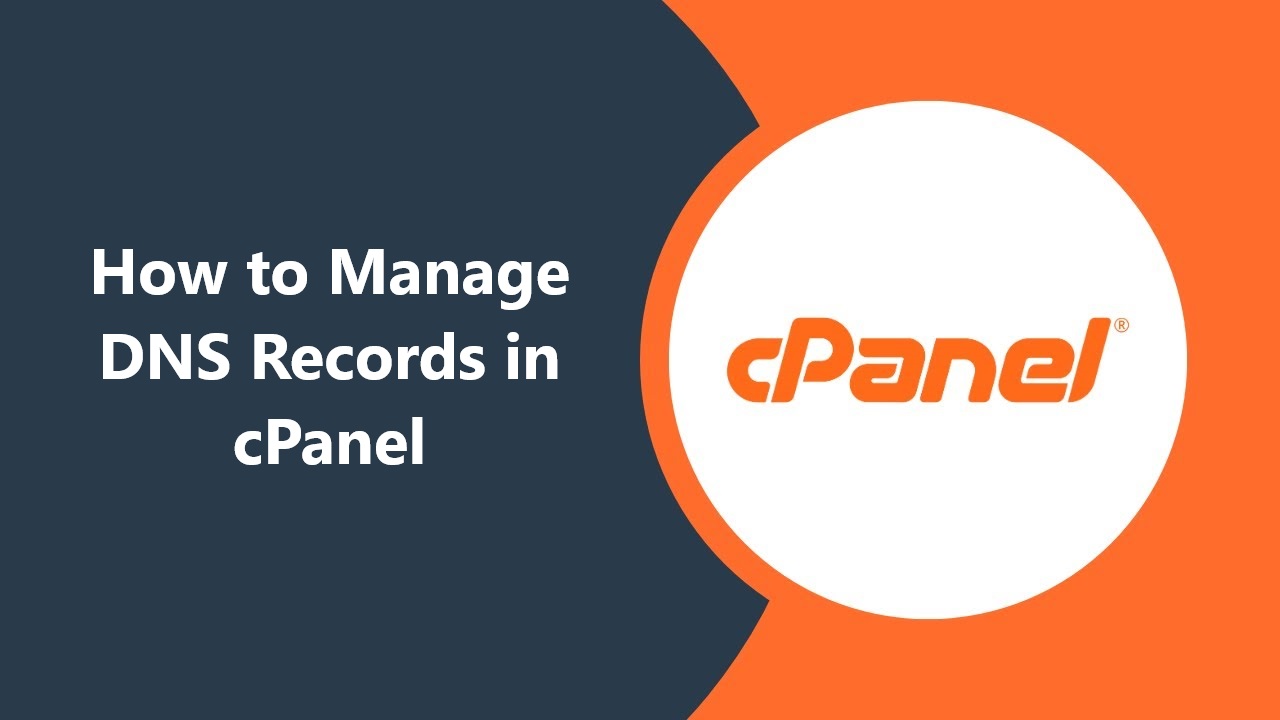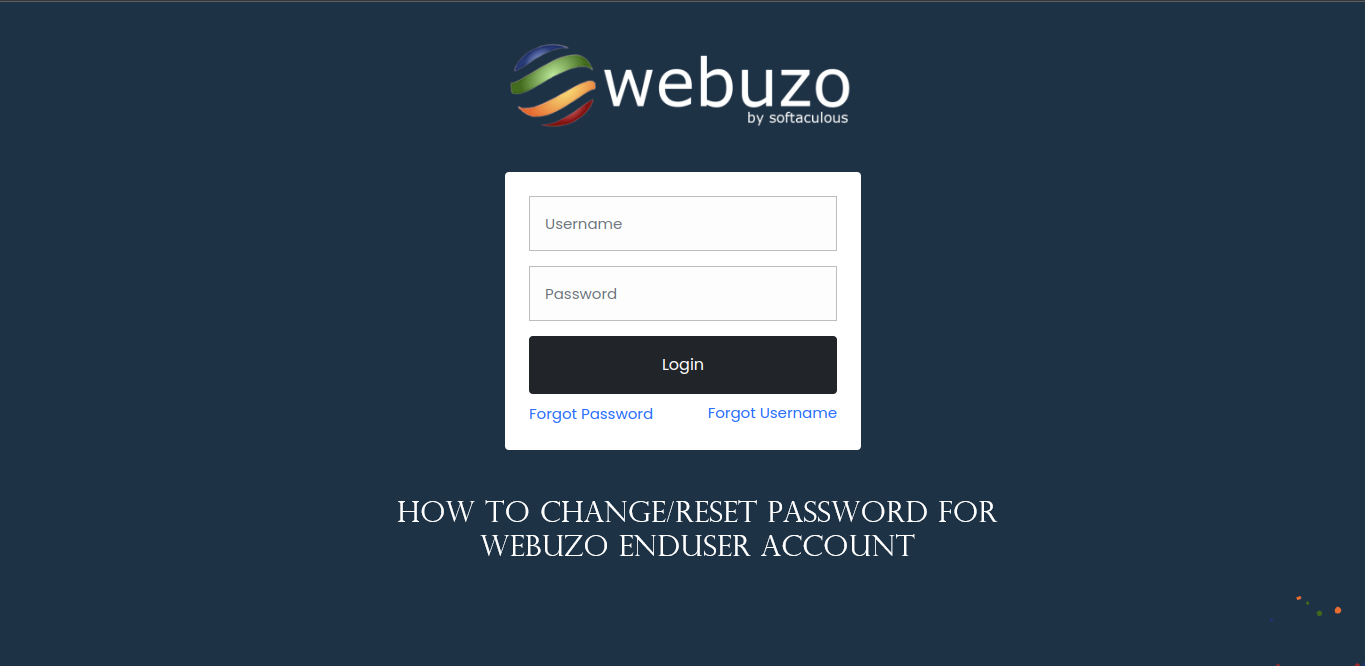WordPress vs Shared Web Hosting
WordPress vs Shared Web Hosting When choosing a hosting solution, understanding the differences between Managed WordPress hosting and Shared Web Hosting is crucial. Here’s a detailed comparison to help you make an informed decision:
Managed WordPress Hosting
- Optimization and Performance:
- Specialized Environment: Managed WordPress hosting is optimized specifically for WordPress, offering enhanced performance.
- Speed and Caching: Includes advanced caching mechanisms, CDN integrations, and server-level optimizations to ensure fast load times.
- Security:
- Enhanced Security: Comes with specialized security measures tailored for WordPress, such as regular malware scans, firewall protection, and DDoS protection.
- Automatic Updates: WordPress core, themes, and plugins are automatically updated to the latest versions, reducing vulnerabilities.
- Management and Support:
- Expert Support: Access to WordPress experts who can help with WordPress-specific issues.
- Automated Backups: Regular automated backups to ensure data safety.
- Staging Environment: Often includes staging environments for testing changes before they go live.
- Scalability:
- Scalable Resources: Better scalability options to handle traffic spikes and growing websites without significant downtime or performance degradation.
- Cost:
- Higher Cost: Typically more expensive due to the specialized features and dedicated support.
Shared Web Hosting
- General Hosting Environment:
- Shared Resources: Multiple websites share the same server resources (CPU, RAM, disk space), which can impact performance.
- Versatility: Suitable for various types of websites, not just WordPress.
- Security:
- Basic Security: Standard security measures, but less tailored to specific platforms like WordPress.
- Manual Updates: Users are responsible for updating their own software, themes, and plugins.
- Management and Support:
- Standard Support: General technical support, not always specialized in WordPress.
- Manual Backups: Users often need to set up their own backup solutions.
- Limited Features: Usually lacks advanced features like staging environments or automatic updates.
- Scalability:
- Limited Scalability: Less flexible in handling high traffic or growth, as resources are shared among many users.
- Cost:
- Lower Cost: More affordable, making it a good option for small websites, beginners, and those on a tight budget.
Summary
- Managed WordPress Hosting is ideal for WordPress sites that need optimized performance, enhanced security, automatic updates, expert support, and scalable resources. It’s suited for businesses, high-traffic blogs, and professional websites.
- Shared Web Hosting is a cost-effective solution for small to medium-sized websites, beginners, and those not specifically using WordPress. It offers basic resources and general support, making it a versatile option for a variety of web projects.
Choosing between the two depends on your specific needs, budget, and the level of performance and support required for your website.


